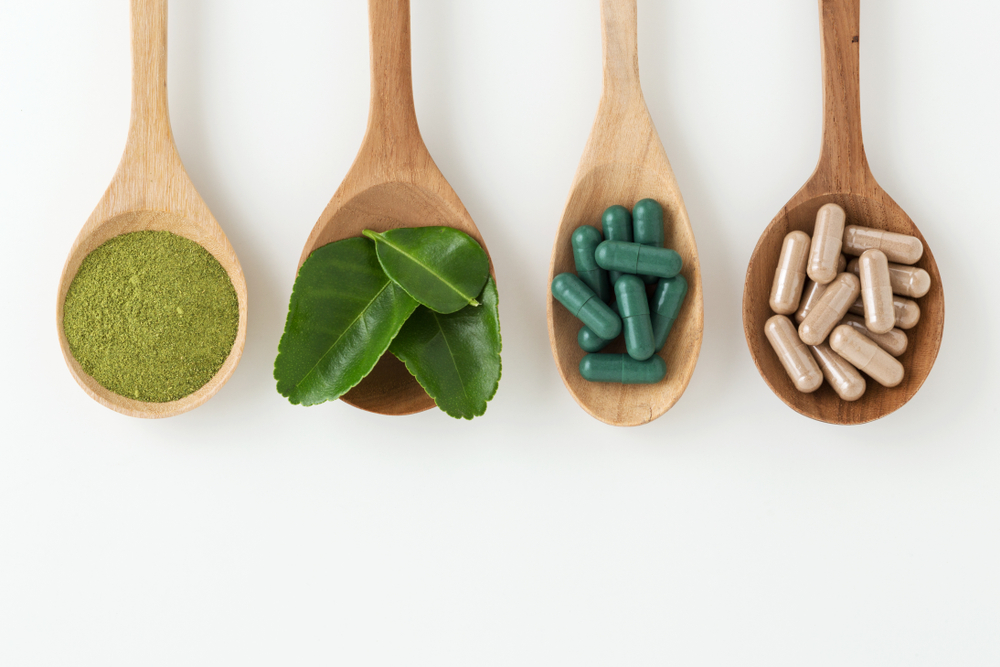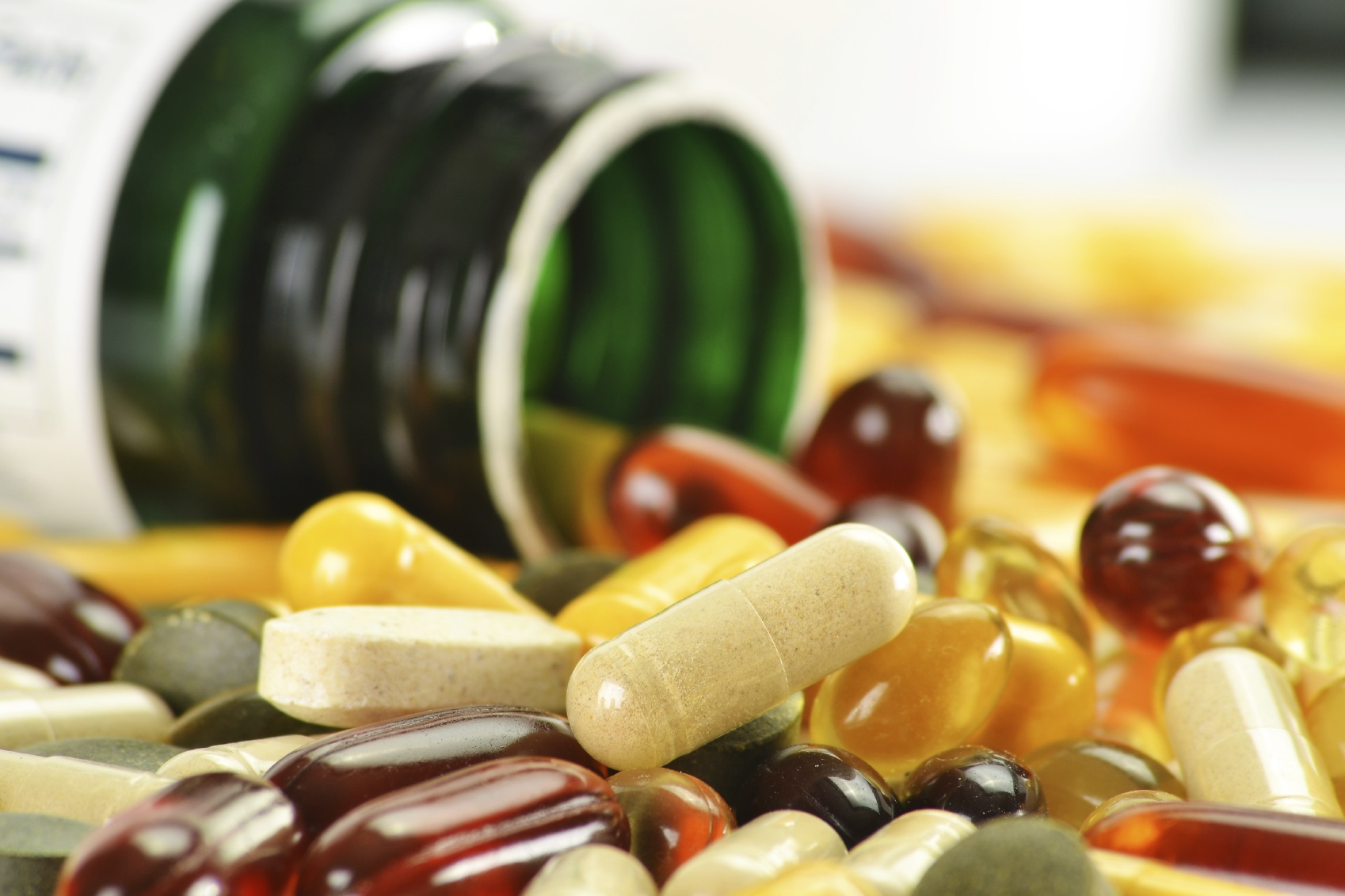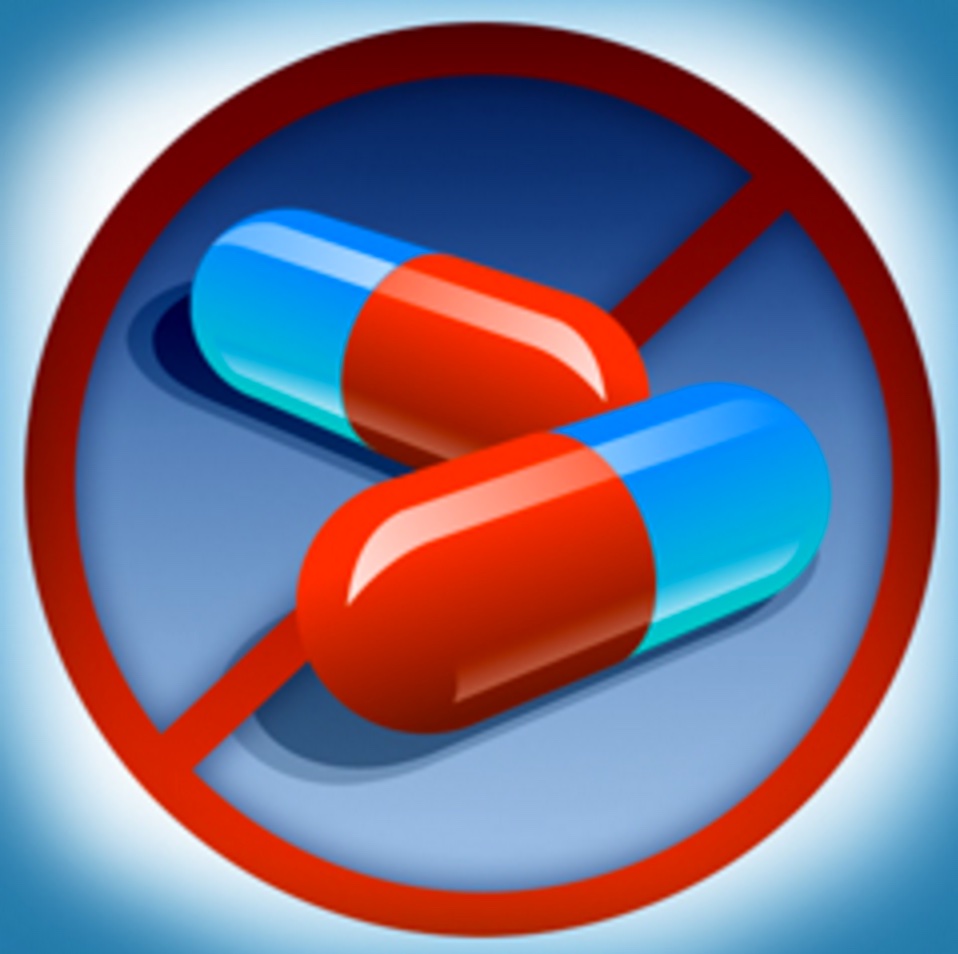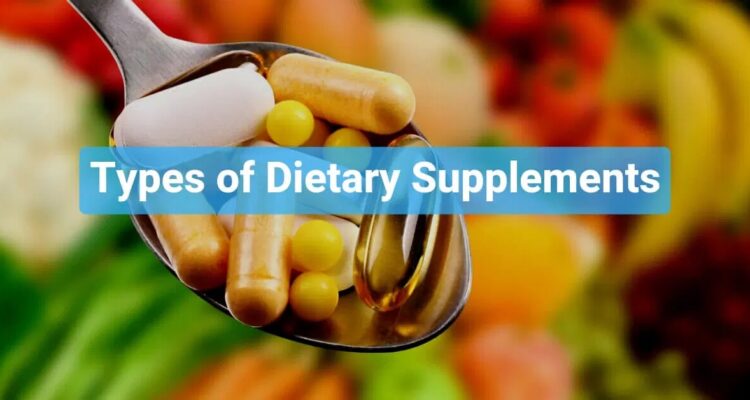Can dietary supplements for exercise and active enhance your athletic performance? What are the potential side effects? Do they interfere with a healthy diet? Do they contain banned substances? If so, which ones should you avoid? Let’s take a look at the research and answer these questions. Here’s a quick overview of some of the most common types of dietary supplements for exercise and athletic performance. The most popular of these are protein/amino acids and the most talked about substance nowadays, the maeng da silver.
Can dietary supplementation enhance exercise and athletic performance?
The American College of Sports Medicine and Dietitians of Canada recommend optimal nutrition for athletes. Eating the proper types of foods and drinking adequate amounts of fluids are key to optimizing physical activity and athletic performance. Dietary supplementation should be used sparingly and should not replace a balanced diet. However, athletes should consider dietary supplementation to increase energy levels during intense workouts and for recovery after exercise.

Athletes require additional fluid and energy to cover sweat loss, which they get through physical activity. Much of this energy should be supplied by carbohydrates. Since carbohydrate intake tends to exceed the requirements for most other nutrients, athletes should aim to consume the maximum amount of carbohydrates-based food groups. These include cereals, breads, legumes, vegetables, and fruits. Although some athletes consume pre-exercise food supplements, research shows that the supplementation is not effective for athletes with extreme weight loss or fasting diets.

The common mineral and vitamin supplements in sports nutrition are calcium, B vitamins, magnesium, and zinc. Antioxidants such as vitamin C, selenium, and b-carotene may also be useful. Among these, vitamin D is particularly important, which is one of the nutrients most important for optimal athletic performance. Vitamin D is an important nutrient that is often lacking in athletes. Athletes who supplement vitamin D have reported improved performance.
Does it interfere with a healthy diet?
Athletes and people who exercise need a balanced diet containing the proper proportion of macronutrients. The Dietary Guidelines for Americans and MyPlate guidelines recommend a diet rich in carbohydrates and protein, as well as adequate amounts of fluids and vitamins. Supplemental arginine has minimal impact on athletic performance. The benefits of arginine supplements are most likely to be short-term, and a small number of them have not been scientifically proven to interfere with a healthy diet.

However, vitamin deficiency can have detrimental effects on exercise performance. In fact, a daily intake of less than one-third of the RDA may lead to a significant drop in VO2 max and anaerobic threshold. While it may not be necessary to analyze every food choice, it is still helpful to understand how different foods affect vitamin intake and supplementation.
Does it contain prohibited substances?
Athletes should evaluate the risks associated with dietary supplements, and the use of such products can be disqualifying. There are several reasons why athletes should not use these supplements, including the risk of exposing themselves to banned substances. The Canadian Center for Ethical Sports (CCES) refers athletes and sports organizations to the NSF International Certified for Sport (r) program to minimize the risk of unintentional doping. These lab testing services help clients establish product stewardship, confirm the purity of their products, and assess environmental safety and public health concerns.

Athletes should be aware of banned substances listed in their sport to avoid consuming products containing prohibited substances. Aside from knowing what banned substances lists are for their sport, athletes should also consult a trusted sports medical professional. In addition to knowing the list of banned substances, athletes should also be aware of what supplements may contain banned ingredients. However, third-party certification programs are not a guarantee that a supplement will be free of all banned substances.

